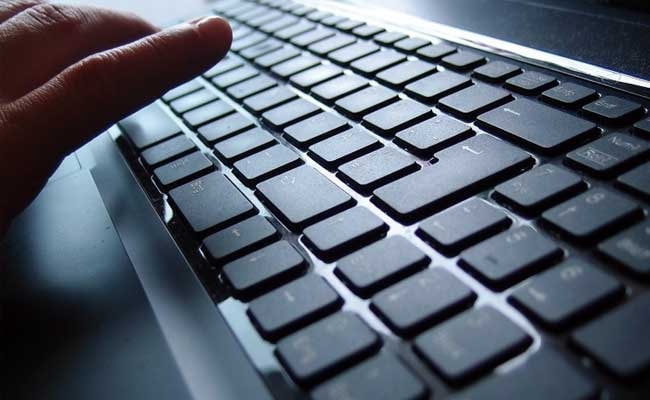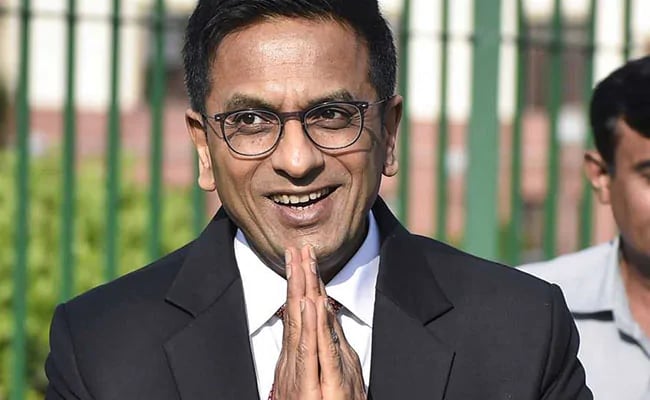
Justice DY Chandrachud has written to all the high courts to ensure that digital systems for accessing the country's justice delivery system are accessible to visually challenged lawyers. Justice Chandrachud is chairman of the Supreme Court's "eCommittee".
In the letter, Justice Chandrachud requested the high court Chief Justices to make their and district court websites easily accessible by making necessary tweaks in the workflow pattern.
"We are doing our best to make eCourt accessible to differently abled citizens through small changes. Though the changes are small, they important," Justice Chandrachud told NDTV.
"This move to make eCourts accessible will make more differently abled persons join this profession," he said.
Justice Chandrachud wrote that there is an urgent need for accessible infrastructure, including a digital ecosystem that can help differently abled lawyers and litigants to participate in the legal profession in "equal footing".

Justice DY Chandrachud wrote that there is an urgent need for accessible infrastructure
"The high courts are using water marks in their judgments, which make it difficult for screen-reader apps to read this out for visually challenged lawyers. I requested the high courts to change the system and they can sign digitally, which is now being done in the Supreme Court," Justice Chandrachud told NDTV.
Justice Chandrachud is the brain behind bringing video-conferencing or virtual hearing with the help of the National Informatics Centre to deliver justice during the COVID-19 pandemic lockdown.
In his letter to the high courts, Justice Chandrachud said documents including judgments must be in ePub, which can be read by most ebook apps, or optical character reader (OCR) based formats.
The Supreme Court has visual captchas as well as audio captchas, a requirement to access any information and the letter says this should be followed by the high courts.
"The high courts should consider releasing judgements in HTML format on their websites, along with their PDF," Justice Chandrachud said, adding he follows this system of asking advocates to upload documents in PDF.
"This obligation is a natural corollary of the right to equality guaranteed to lawyers and litigants with disabilities under Article 14 of the Constitution of India and the right to practice a profession of one's choice under Article 19(1)(g) of the Constitution of India," Justice Chandrachud said.
Track Latest News Live on NDTV.com and get news updates from India and around the world

